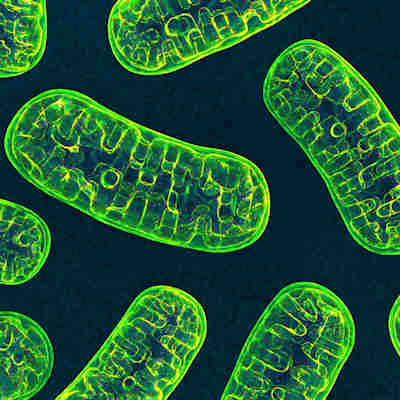September 7, 2022 -- University of Pittsburgh researchers have described for the first time a pathway by which cells repair damaged lysosomes, structures that contribute to longevity, offering the potential to better understand and treat age-related diseases.
Lysosomes act as the cell's longevity-promoting "recycling system" and contain digestive enzymes that degrade molecular waste, which are walled off from damaging other parts of the cell. While dysfunction can occur when recycling this cellular trash, a healthy cell quickly repairs the damage.
In their study, published September 7 in the journal Nature, Pitt researchers experimentally damaged lysosomes in lab-grown cells and discovered that an enzyme called phosphatidylinositol 4-kinase type 2 alpha (PI4K2A) accumulated on damaged lysosomes within minutes and generated high levels of a signaling molecule called PtdIns4P.
"Lysosome damage is a hallmark of aging and many diseases, particularly neurodegenerative disorders such as Alzheimer's," lead author Jay Xiaojun Tan, PhD, assistant professor of cell biology at Pitt's School of Medicine, said in a statement. "Our study identifies a series of steps that we believe is a universal mechanism for lysosomal repair, which we named the PITT pathway as a nod to the University of Pittsburgh."
When researchers deleted the gene encoding the first enzyme in the pathway, PI4K2A, they found that tau fibril spreading increased dramatically, suggesting that defects in the PITT pathway could contribute to Alzheimer's disease progression. Going forward, they plan to use mouse models to understand whether the pathway can protect mice from developing Alzheimer's.
Copyright © 2022 scienceboard.net









